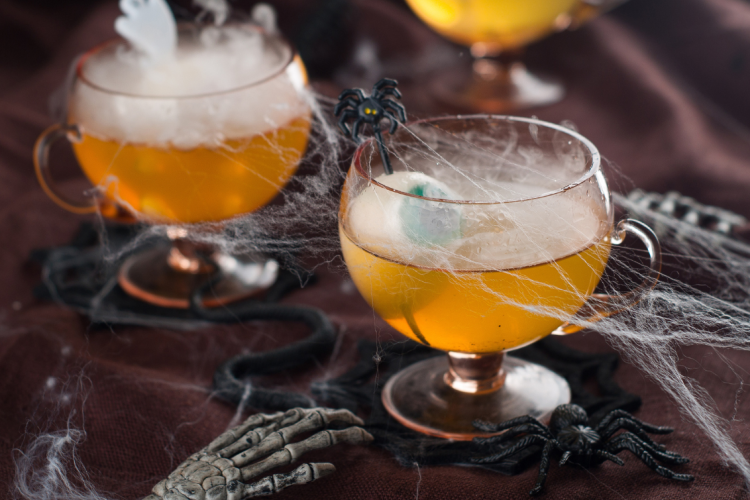Wokipedia: G is For ...
“Wokipedia” is a regular magazine column in which we introduce aspects of Chinese gastronomy, one letter at a time.
... gaotang 高汤
In almost every cuisine, the secret to infusing great flavors lies in a rich yet unobtrusive broth. In Chinese cooking, this is referred to as gaotang, or “high soup.” It usually brings to mind a clear, golden chicken stock, but can also refer to beef and milky fish stocks, depending on what dish it’ll be used to flavor. Once you start looking for it, you’ll see it touted on menus from Dadong down to fast food joints – though at the latter, it’s more likely to be made from hot water and chicken powder.
... gezi 鸽子
Pigeons have been called the rats of the sky, so it’s always more comforting to refer to these edible little fowl as squab, even if they share the same character in Mandarin. With dark, moist meat (the little there is) on a tiny rack of bones, they’re great served whole as individual portions, usually deep-fried until the skin takes on a mahogany sheen. Next time you’re at Tang Palace or Shin Yeh, take a cue from Mary Poppins in reverse: Let the birds feed you.
... Gui Jie 簋街
Can’t we foreigners ever get anything right? The “gui” in this famous food street’s name actually refers to a style of ancient vessel used to hold grains for ancestral sacrifice, but it’s been mistaken as the word for “ghost” so many times that it’s now known in English mostly as “Ghost Street.” The food here tends to be spicy – their peppery heat is heralded by the blooms of jellyfishlike lanterns hanging outside the restaurants. But it’s not all hot pot and Sichuan over there. A Cantonese spot called Mix Summer is also wagging some tongues.
... gun 滚
While the uninitiated might see this word and be reminded of American politics, those of us who’ve done our Chinese language homework know to pronounce this as “gwun.” It means “boil” (as in water, not plagues) and might come in handy next time you’re reading the directions for how to cook your frozen dumplings. It can also mean “to roll,” or if spoken briskly and emphatically: “Scram!”
This article originally appeared on page 24 of the January issue of the Beijinger.






